Indigenous voice to parliament will honour debt we owe First Australians
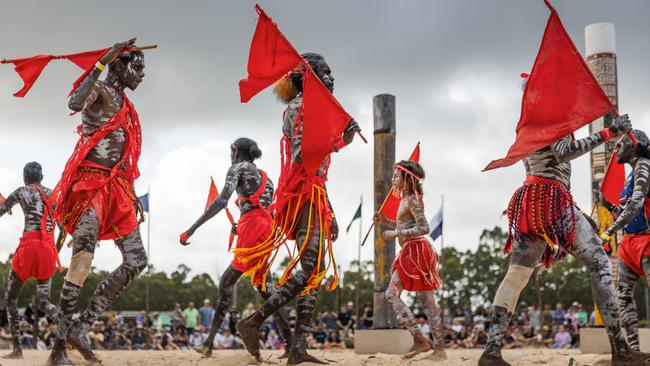
Passed down the generations, Tasmanian Aboriginal culture and language remains strong. But the sorrow remains, and it is this sorrow we must address as a nation. It goes to the heart of why this referendum is necessary: for our nation’s common humanity.
The suffering, neglect and discrimination of our First Australians is not something that was left behind after the closure of Wybaleena. It continues to this day.
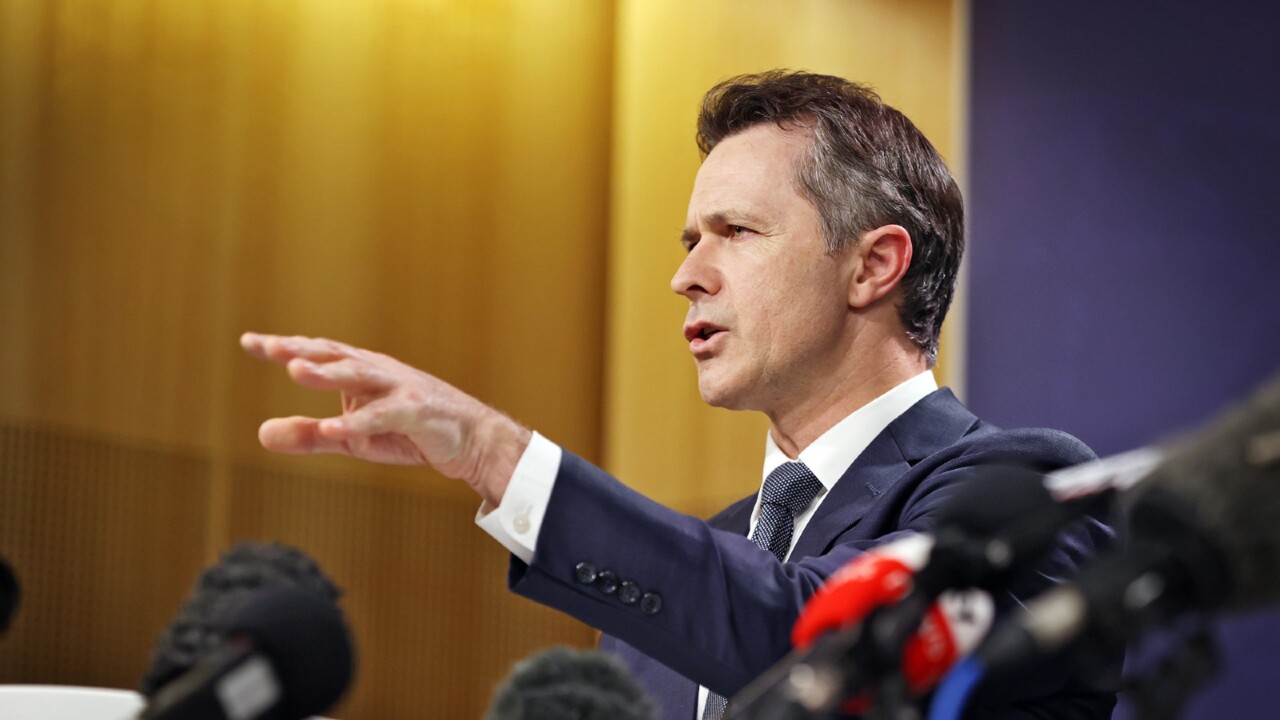
In a recent opinion piece, Ramesh Thakur wrote in The Australian that this referendum is an attempt to “inject the poison of race-based preferential access to parliament” and “re-racialise” Australia. But these comments simply miss the point.
An Australian born in India, Thakur would know full well that India’s own constitution, designed for a modern India after its Independence in 1947, deliberately ensured tribal groups were recognised in its founding document.
Led by the “father” of India’s constitution, social reformer Bhimrao Ramji Ambedkar gave hope to India’s dispossessed. To this day, many in the Indian diaspora lay wreaths and pay homage to a stone bust of Ambedkar at the Australia India Institute, recognising what he gave to them in the constitution.
The voice referendum will be a significant moment for Indian Australians who are questioning how a modern Australia still has so many outdated ties to its colonial past. Indian Australians carry the heart of both nations. One that has fought and gained Independence 76 years ago, following 200 years of colonial rule, and now carries the pride of a modern 1950 India Constitution. And another nation that is rich and multicultural, yet continues to be tied to its colonial past – including not having its own head of state.
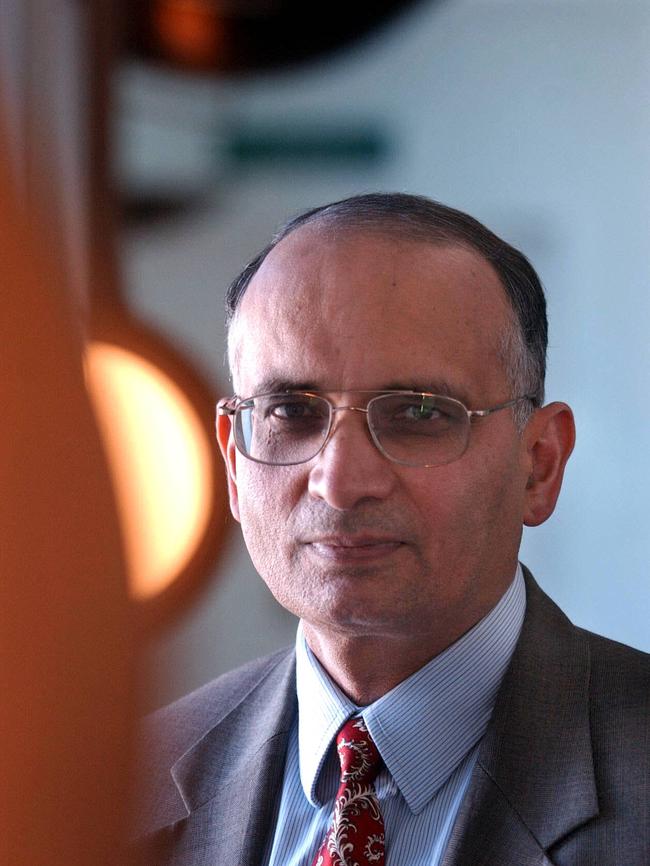
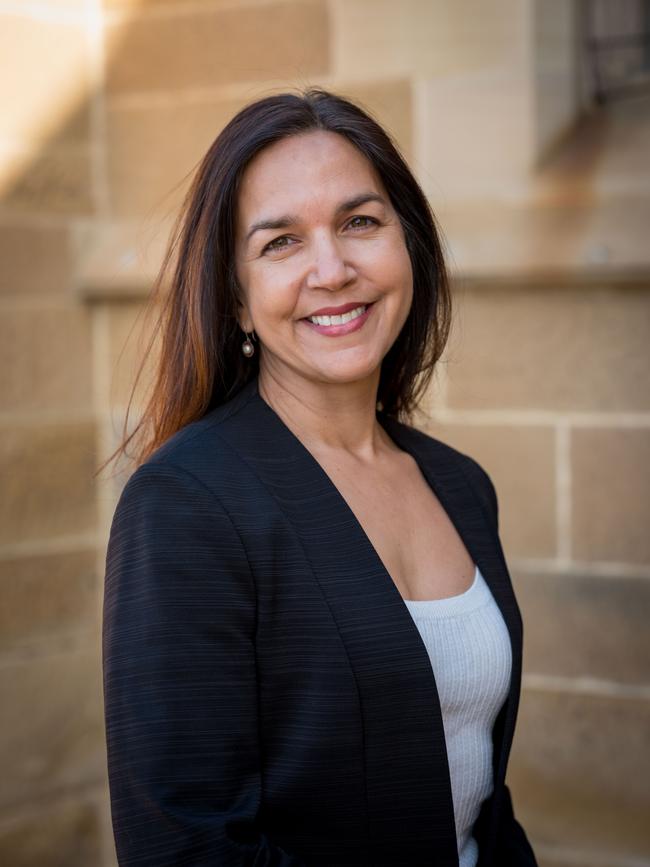
To argue that “Hundreds of millions of people around the world are born into all manner of disadvantage”, and that they simply need to “apply themselves to escape the cycle through education, skills, ambition and application”, demonstrates a level of disconnectedness usually associated with privilege.
To further argue that “Aboriginal leaders should forget the cheese of a voice and instead focus on escaping the trap of grievance-fuelling victimhood”, is insulting to Indigenous Australians who have fought for the voice.
Indigenous Australians are asking us as a nation to allow them to be their own agents of change, and to have a voice on matters that affect them. And fair enough.
It requires, as Gareth Evans put it, “non-Indigenous Australians listening, as we have never seriously listened before, to what our Indigenous brothers and sisters have long being trying to tell us. That we do owe a very special debt to the First Australians. And we can do much better than we ever have before in discharging that debt.”
The focus our country places on Indigenous Australians is not the same as any other minority group in the community. That is because they have been the sole occupiers and owners of our land for 60,000 years. Our focus is to recognise that in our nation’s founding document.
Ambika Vishwanath, who leads a prominent Mumbai-based think tank, recently wrote in an Australia publication: “As an observer from abroad, it seems extraordinary that a country such as Australia, one that largely aligns itself with ‘Western’ norms and values of freedom and democracy and a liberal outlook on life, has yet to recognise the people that originally inhabited the continent for close to 60,000 years”.
Enshrining Indigenous Australians in our founding document will not only address how other countries view Australia, it will align Australia with other nations that honour their indigenous communities, bolstering our global reputation.
Vishwanath points out that a No vote from Australia would call into question the authenticity of its words and actions abroad at a time when authoritarian regimes present themselves as the vanguard of a shift away from “liberal internationalism”.
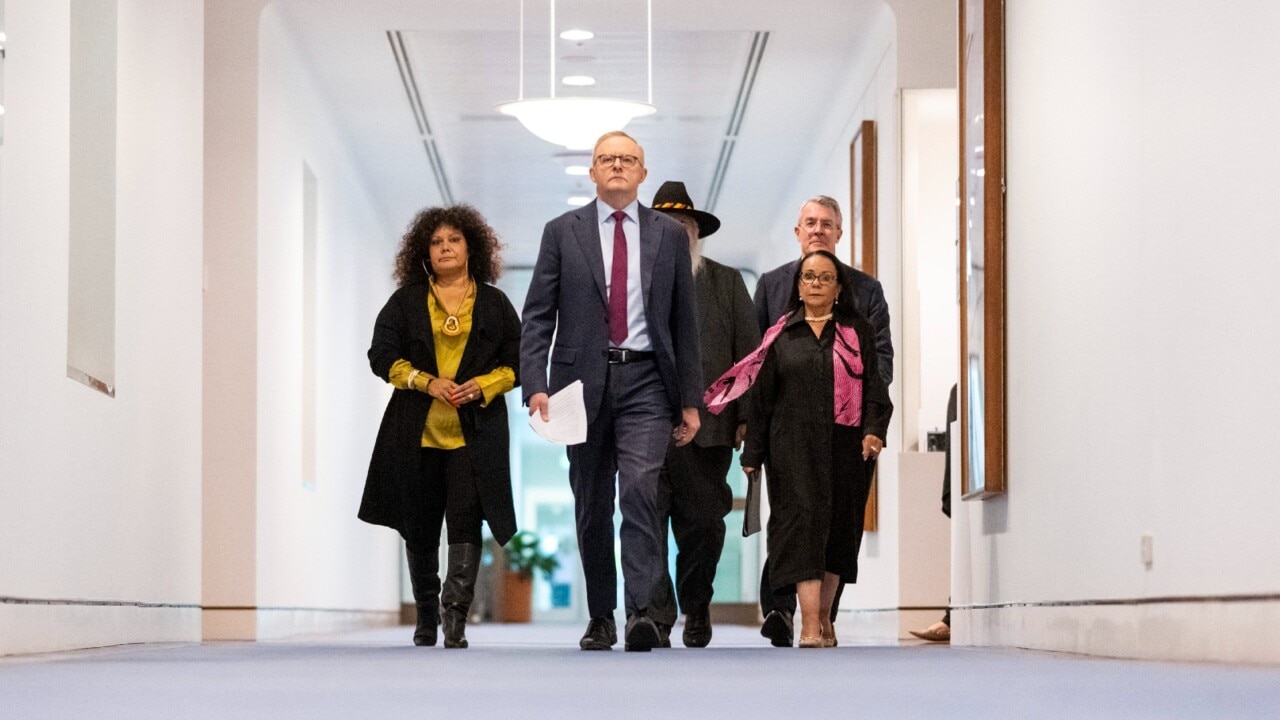
As a former politician and now leader in another role, I often acknowledge Aboriginal and Torres Strait Islander people’s continuous connections to country. Yet in doing so I know that those words are not mirrored in the democratic document and architecture that make up our nation.
This is akin to having a double standard, particularly when we engage on the global stage about our values as a nation. Like the pivotal moment in the birth of a constitution for a modern India in 1950, this referendum represents a pivotal moment for our nation, to address the sorrow and suffering endured by our First Nations peoples throughout history.
It is not about “re-racialising” Australia but rather about showing respect, healing the wounds of the past and finally listening to the voices that have been marginalised for far too long.
Lisa Singh is chief executive of the University of Melbourne’s Australia India Institute, a senator for Tasmania from 2011-19 and the first woman of Indian heritage to be elected to the federal parliament.

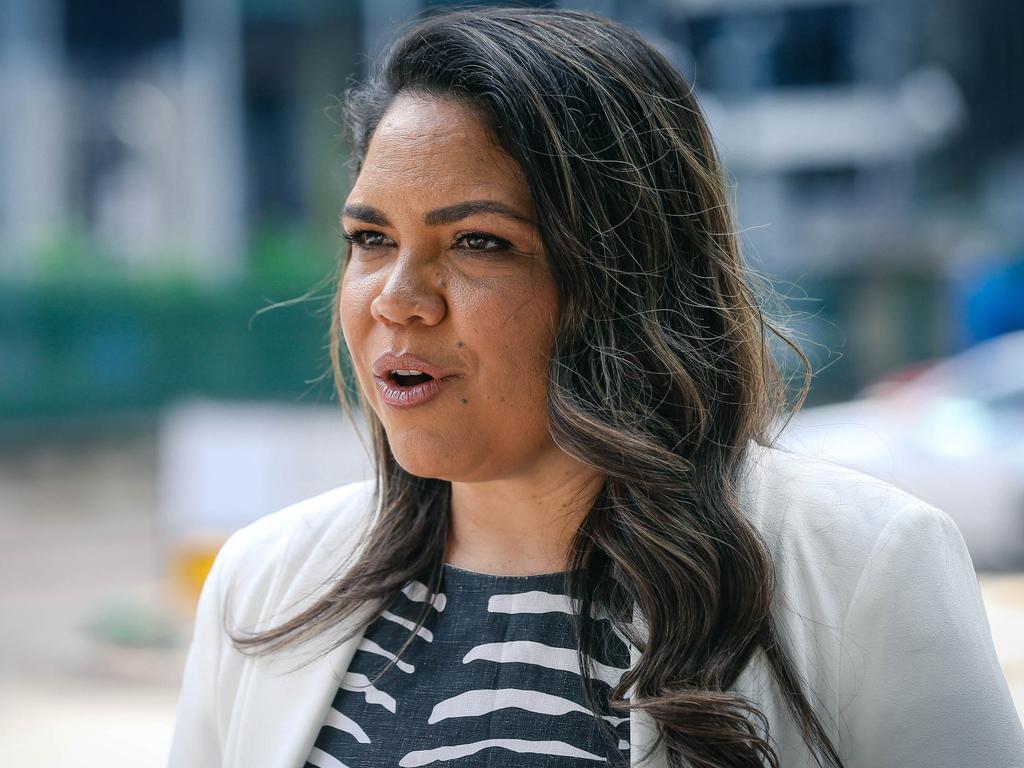
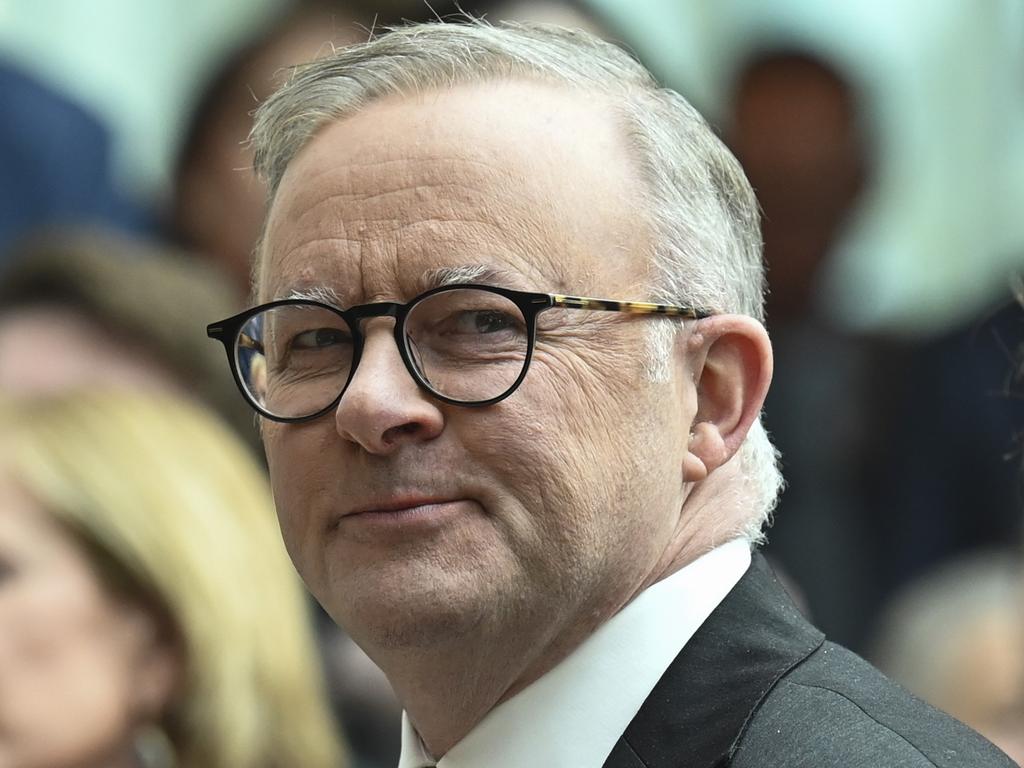
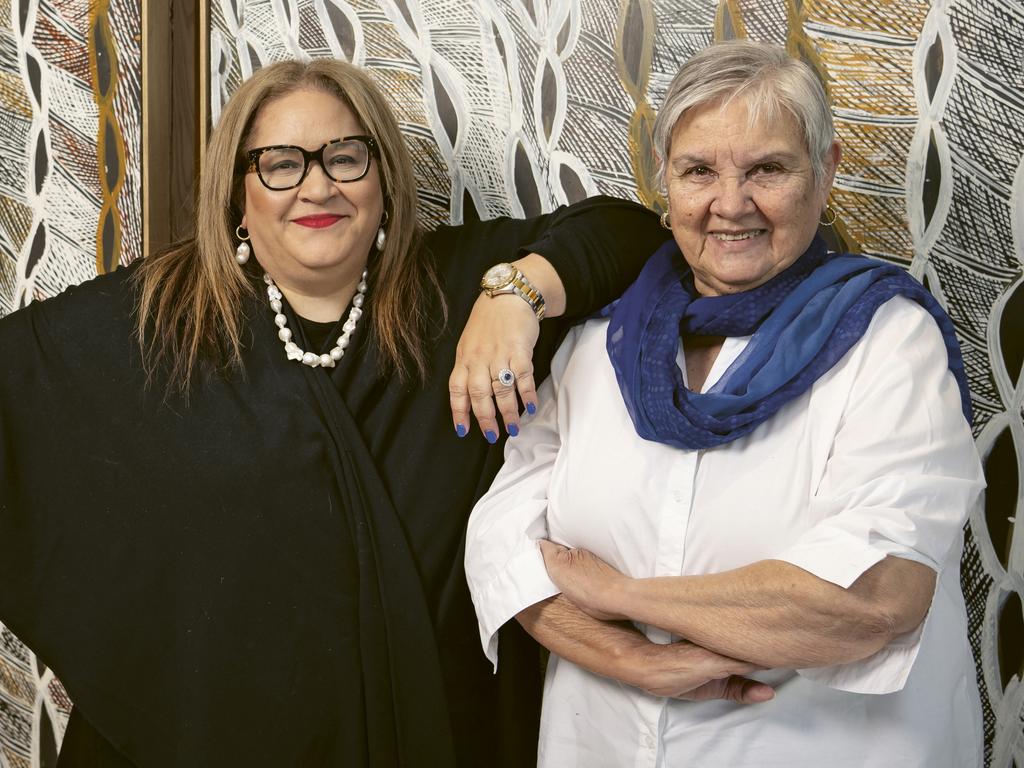



In 2008, I visited the sacred burial ground at Wybaleena on Flinders Island in Tasmania. In the 1830s the British exiled 134 Aborigines to this “Aboriginal settlement”, sent to be “civilised and Christianised”, in an attempt to destroy their culture, traditions and language. By 1847, after petitioning Queen Victoria, Wybaleena was shut down. But due to shocking neglect and disease, most of them had died.